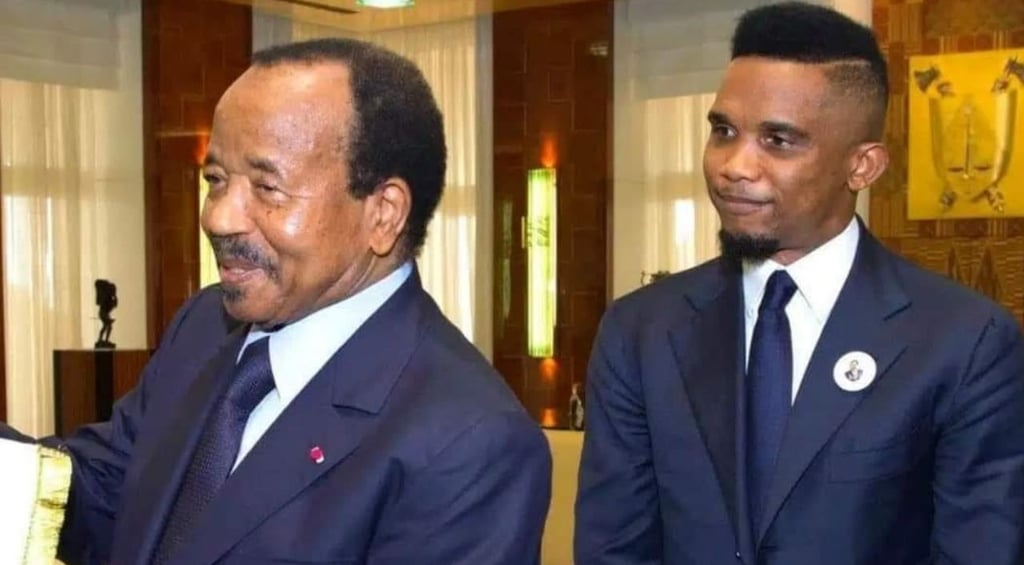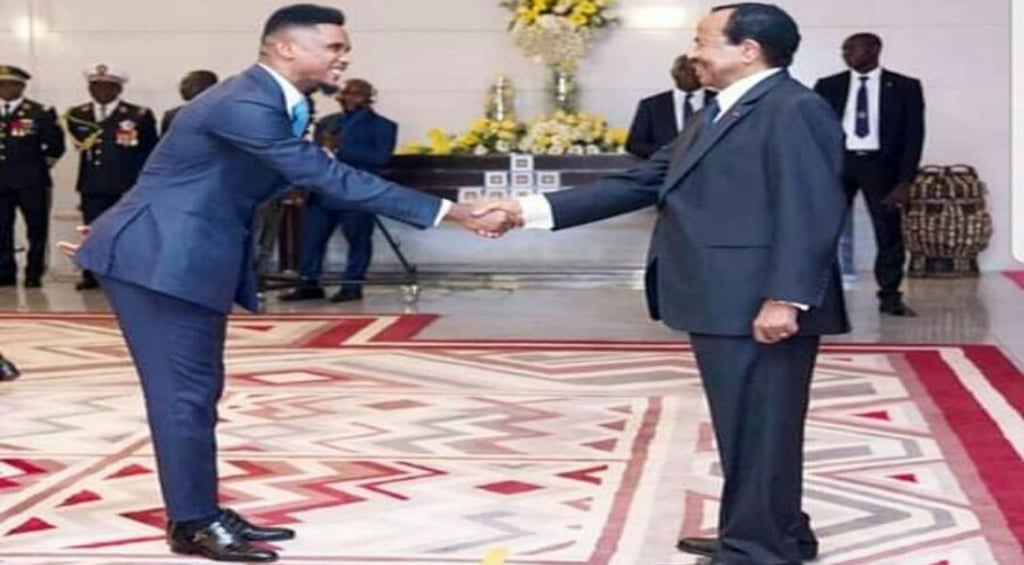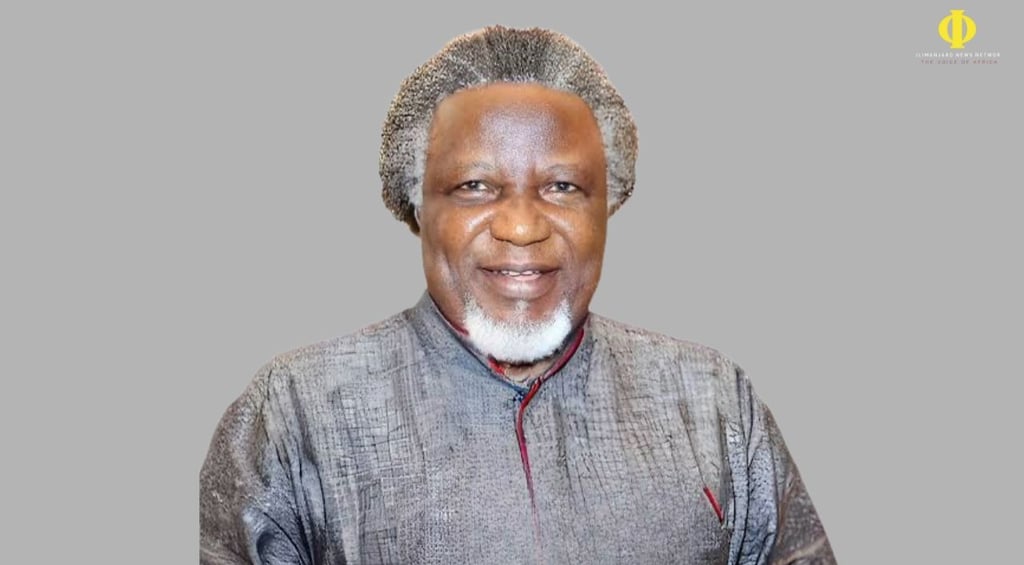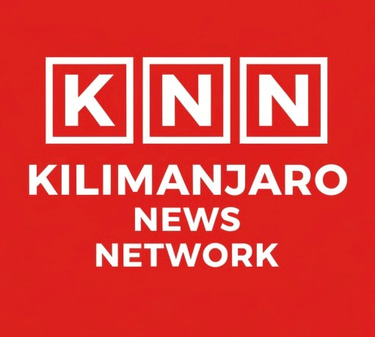Where is Maurice Kamto in Cameroon's Hour of Need?
Every struggle has its moment of reckoning, and Cameroon has finally reached hers. The people are in the streets, risking bullets and prison cells to confront a regime that has strangled their hopes for nearly half a century. Ordinary citizens: teachers, bike riders, market women, students are putting their bodies between tyranny and the future they refuse to surrender. In a fight this raw, this costly, every true leader is expected to rise. Yet one man, who once wrapped himself in the language of courage and democratic salvation, has chosen the comfort of silence. Maurice Kamto, who marched in white, who claimed victory, who demanded the nation rally behind him, has vanished just when Cameroon needs every honest voice to stand upright. His absence does not feel like caution. It feels like betrayal. And in a moment this charged, silence is not just disappointing, it is damning. It carries consequences.
WORLD AFFAIRS
E. N. Quenti
11/14/20254 min read
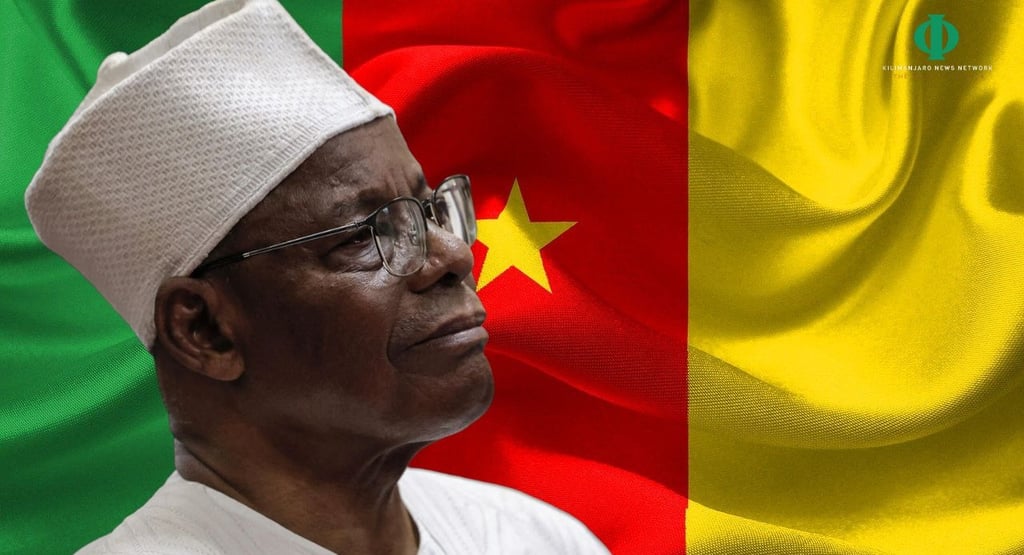

YAOUNDE - CAMEROON: For the countless Cameroonians fighting for fundamental change after decades under the Biya regime, this moment feels like a crucible. It demands clarity, courage, and unity from everyone who claims to stand for a better future. Yet while the nation mobilizes in the streets, endures the weight of civil disobedience, and seeks the world’s attention, one of its most prominent political figures remains strangely absent. Maurice Kamto’s silence echoes louder with every passing day.
This is not a season for political calculation. It is a moment for moral leadership. When the country cries out for every honest voice to stand shoulder-to-shoulder with the people, Kamto’s quiet withdrawal forces a painful question: Is the leader of the MRC only interested in Cameroon when he sees himself in the presidential palace? Silence, at a moment like this, is not neutral. It slips into complicity.
The man who once cast himself as the democratic alternative, the presidential candidate who led the “white march” and insisted he had won a disputed election, has retreated into a quiet so profound it cannot be mistaken for strategy. It feels instead like abdication. At a time when Cameroon needs every genuine leader to stand against the brutality of the Biya regime, the silence from Kamto’s camp is not just puzzling, it is complicit.
This struggle, the people’s struggle, is not owned by any single politician. It is not Tchiroma’s battle; it is the battle of every Cameroonian who dreams of a nation finally free from Paul Biya’s suffocating grip. It is a struggle that demands sacrifice: ghost towns, street demonstrations, civil disobedience. True leaders do not watch this sacrifice from a safe distance; they stand in it. They speak its pain. They help channel its force.
And so we face an uncomfortable question: Is Maurice Kamto only interested in Cameroon if he is its president? Does his commitment to democratic ideals evaporate when his own path to power narrows, even as the people continue to fight alone? Leadership is not earned in moments of comfort. It is proven in adversity. By remaining silent, Kamto is failing that test.
The Contrast of Commitment
The fight against a regime built on corruption and manufactured misery forces everyone to choose a side. And many have done so openly. We see the shameful alignment of figures like Samuel Eto’o, squandering a global platform to serve the oppressor. We see Joshua Osih and Cabral Libii, whose recent choices have clarified where their loyalties lie. Their betrayal is bitter, but at least it is visible.
And then there are those whose commitment hasn’t wavered. Eric Chinje stands firm, pushing the struggle forward with clarity and courage. He understands what so many across Cameroon, diaspora and homeland alike, have accepted: everyone must bear some of the pain of this moment. Even the soldiers and gendarmes must now choose. Will they continue killing their own brothers and sisters to preserve an aging ruler who has delivered only misery? Or will they stand with the people they swore to protect?
The people are being asked to endure ghost towns, demonstrations, sit-downs, real sacrifices that hurt. These sacrifices are investments in a future free from the suffocating ministerial clique and its isolated regime. And when the people accept this burden, they deserve to see their leaders carrying it too, not fading into the background.
A Question of Principle
Kamto’s legitimacy has always rested on his claim to be the true democratic alternative. But leadership is not a label; it is action when it matters most. His absence now suggests a prioritization of personal ambition over collective suffering. It implies that the immediate pain of the Cameroonian people matters less than his long-term political calculus.
Meanwhile, the security forces face their own crossroads. They must decide whether to continue enforcing the will of a man who has failed the nation for decades, or to stand with the citizens who share their homeland and their blood. Their choice, like Kamto’s silence, will be recorded by history.
The regime’s enablers have also been exposed. Disgraceful pseudo-intellectuals like Prime Minister Dion Ngute can no longer hide behind polite rhetoric. And convicted criminals like Paul Atanga Nji and the ruthless Ferdinand Ngoh Ngoh continue playing their predictable roles as guardians of a kleptocracy that will eventually crumble. They, too, must know this: history will not forget them, and a free Cameroon will not spare them.
This is not a time for hesitation. It is a time to intensify the struggle. Influencers, journalists, activists continue. Document everything. Report what the regime wants buried. Shine light into the darkness they are trying to impose. Tell the world what is happening in Cameroon.
The Time to Redouble Efforts
Cameroonians must remain focused. Influencers must not slow down; they must amplify the truth and mobilize citizens. This is not the moment to wait for someone else to take the risks.
Maurice Kamto must understand this: if he wants to be remembered as a leader rather than just another ambitious politician, he must step into the fight now. The movement for change needs his voice, his presence, and his leadership, not from afar, not after the dust settles, but in the trenches of civil resistance.
The battle cannot be lost. But it demands the participation of everyone who claims to love this country. Kamto’s silence, if it continues, becomes a betrayal of the very people who once believed in him. And the Cameroonian people are watching closely. They are taking note of who stood with them when the struggle was fiercest and who merely waited in the wings for the spoils of victory.
